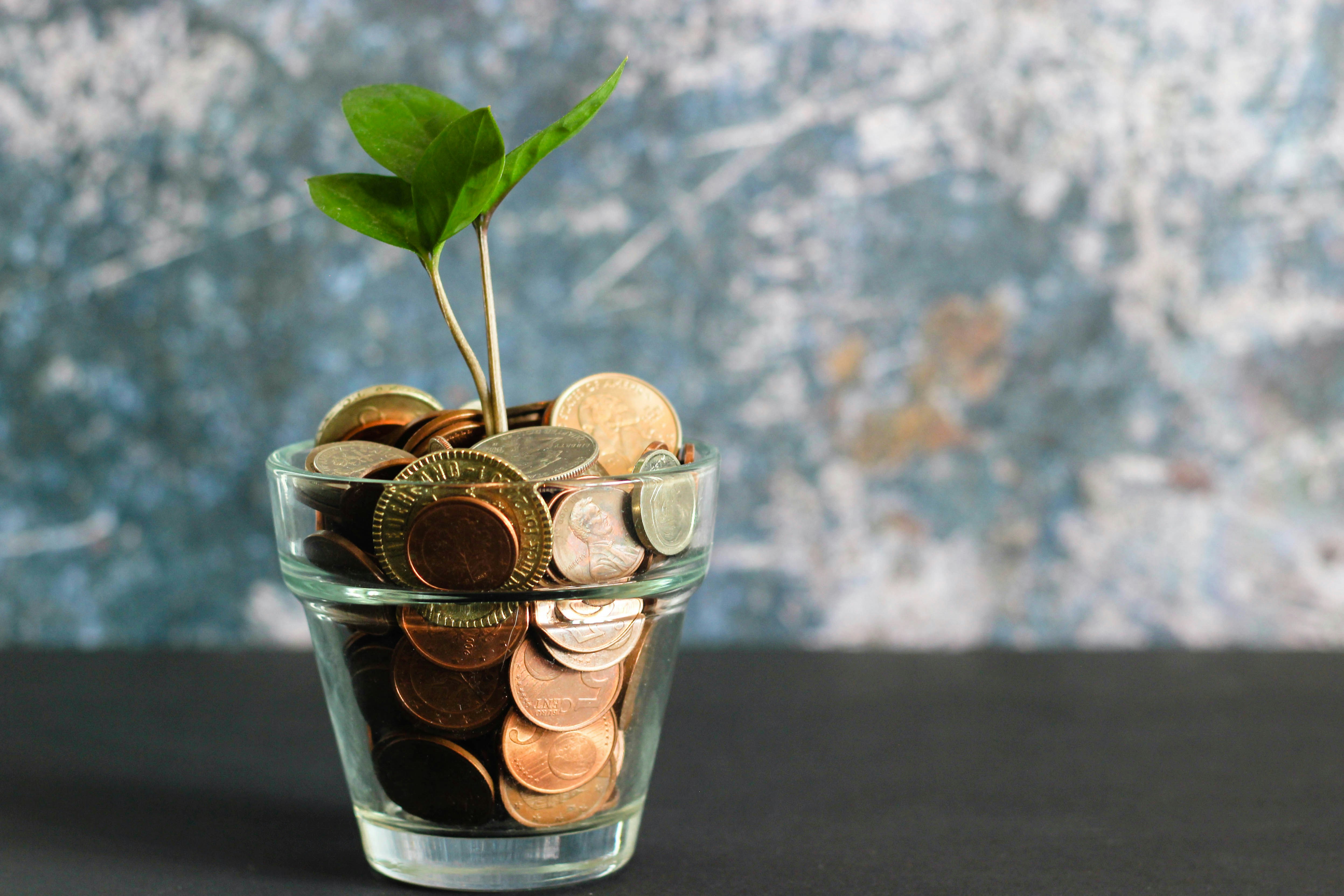Understanding Financial Preparedness for Hurricanes
As hurricane season approaches, residents of Florida know that preparing for potential storms is crucial. While most focus on stocking up supplies and securing homes, financial preparedness is often overlooked. Being financially ready for a hurricane can significantly ease stress and help you bounce back faster after a storm. Here, we explore vital strategies to ensure you are financially resilient when hurricanes hit.
Why Financial Preparedness is Crucial
Financial preparedness involves planning and organizing your finances to withstand the impact of a hurricane. Hurricanes can cause substantial damage, leading to unforeseen expenses and loss of income. By ensuring your finances are in order, you can avoid financial strain during and after a storm, making recovery more manageable.
Create an Emergency Fund
One of the first steps in financial preparedness is to establish an emergency fund. Aim to save three to six months’ worth of living expenses. This fund will serve as a financial cushion to cover essential expenses such as food, housing, and transportation when regular income sources are disrupted. You can start by saving small amounts regularly; over time, it will grow into a significant safety net.
Review and Update Insurance Policies
Having the right insurance coverage is vital for protecting your assets during a hurricane. Review your existing policies to ensure they cover hurricane-related damages. Consider adding flood insurance, as standard homeowner’s policies typically do not cover flood damage. The National Flood Insurance Program (NFIP) provides resources and coverage options; visit the FEMA website for more information.
Organize Important Documents
Gather and securely store important documents, such as birth certificates, insurance papers, and financial records. Keeping digital copies of these documents can be extremely helpful, ensuring you can access them even if the physical copies are lost or damaged. Using a secure cloud service or a waterproof, fireproof safe is advisable.
Develop a Financial Plan
A detailed financial plan is a cornerstone of hurricane preparedness. This plan should outline your financial responsibilities and contingency measures. Consider including:
– A list of bills and due dates
– Contact information for financial institutions and insurance agents
– A budget for emergency expenses
– A strategy for managing debt during a financial downturn
Utilize Financial Assistance Programs
In the aftermath of a hurricane, you might be eligible for financial assistance from various government programs. The Disaster Assistance website provides information on available federal aid. Familiarizing yourself with these options beforehand can expedite the application process should you need support after a storm.
Stay Informed About Local Resources
Community resources can be invaluable during hurricane recovery. Local non-profit organizations, like HelpNow, offer support and resources. Engaging with local initiatives not only aids personal recovery but strengthens community resilience. Visit HelpNow to learn more about how you can get involved or receive assistance.
Enhancing Community Financial Preparedness
While individual financial preparedness is essential, community-wide efforts can amplify resilience. Local governments and community organizations can play a crucial role in promoting financial literacy and preparedness. By organizing workshops and providing resources on financial planning, communities can better withstand and recover from hurricane impacts.
Conclusion: Stay Prepared
Financial preparedness is a key component of hurricane readiness. By establishing an emergency fund, reviewing insurance coverage, organizing documents, and developing a financial plan, you can significantly reduce stress and accelerate recovery following a storm. Remember, being financially prepared not only protects your family but contributes to a stronger, more resilient community. For more tips on hurricane preparedness, explore the courses and resources available at HelpNow. Visit our courses page to learn more.

